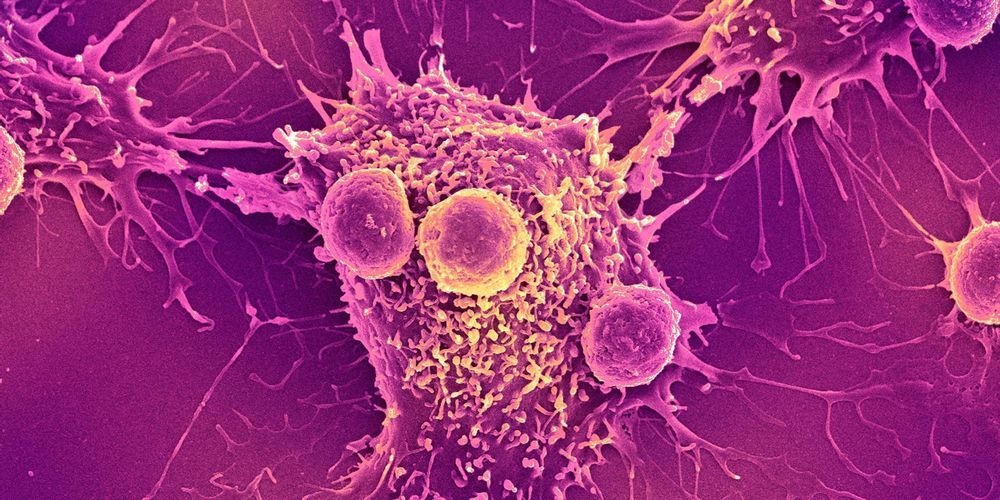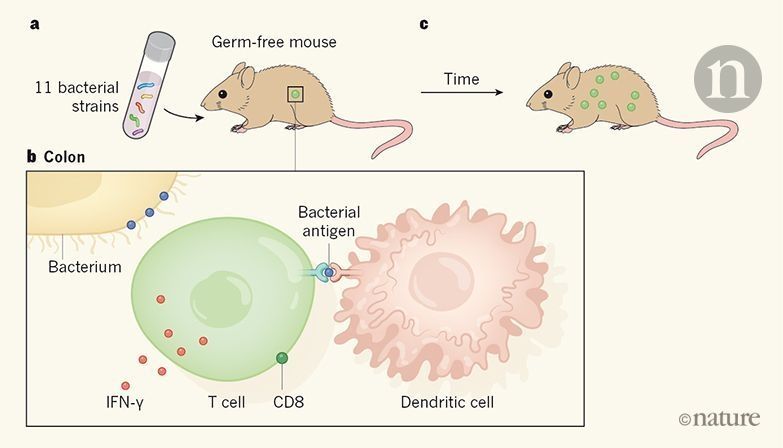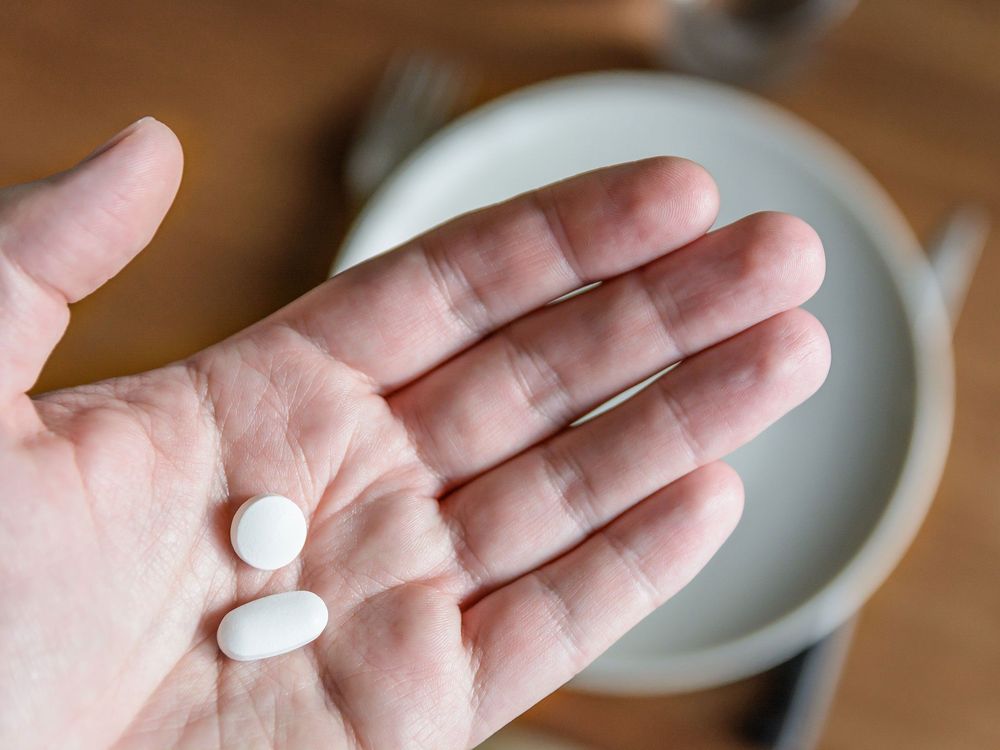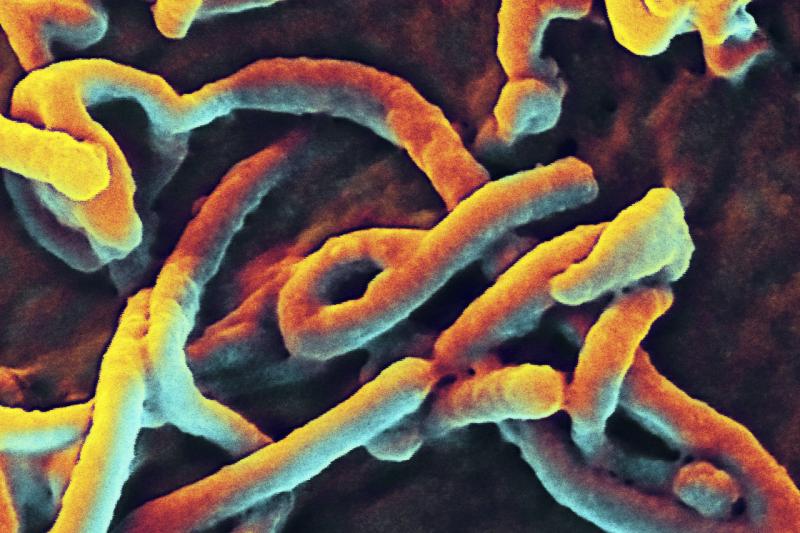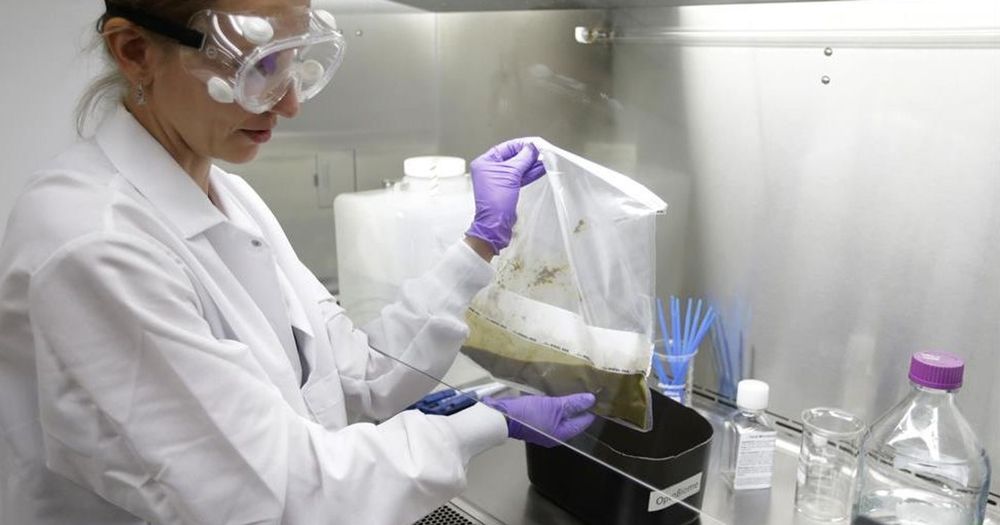A new aging clock developed by Professor Steve Horvath and his research team takes measuring your biological age a step further and can accurately predict your future lifespan.
The epigenetic clock
As we age, our DNA experiences chemical changes called DNA methylation (DNAm); these changes are used as a way to measure age and are the basis of the epigenetic clock. As we age, the methylation patterns present on our DNA change, and researchers can measure these changes to work out how old an animal or person is.



